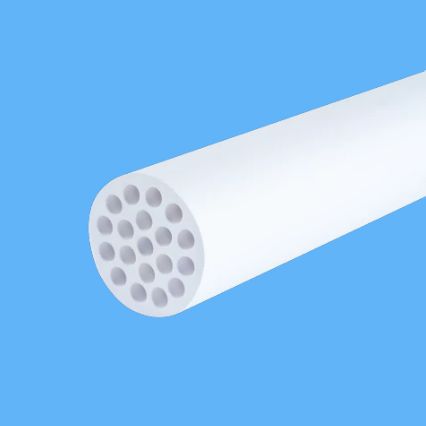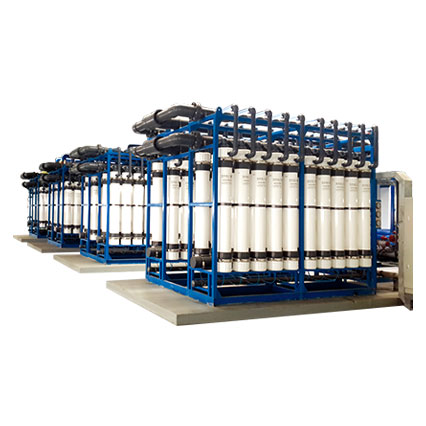Concentrated milk proteins (MPCs) and isolated milk proteins (MPIs) are produced by ceramic membrane filtration system and their dairy proteins are separated from fresh skim milk. They combine rich calcium with good thermal stability and refreshing mouthfeel. They are rich in casein and whey protein in the same proportions as skim milk.
Milk protein concentrates are widely used and are ideal for cheese products, artificial products, dairy drinks, infant nutrition, medical nutrition products (enteral foods), weight management products, powdered dietary supplements and sports nutrition products.
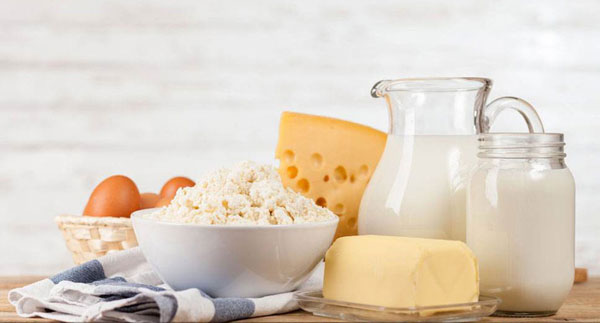
In general, milk protein concentrates provide a concentrated source of protein for sensory and functional properties in the final application process to meet nutritional value. Condensed milk protein serves as an alternative to whole milk powder (WMP), skim milk powder (SMP) and other milk powders, providing the same protein, or as a non-fat milk solid (MSNF). Compared with ordinary milk or skim milk powder, concentrated milk protein with high protein, low lactose characteristics.
The traditional ultra-high temperature sterilization process will destroy many of the active nutrients in milk but low-temperature ceramic membrane filtration technology completely subvert the traditional high-temperature sterilization of milk. The process of milk filtration and clarification is to make natural fresh milk fluid through dairy ceramic membrane technology and avoid heat denaturation of the protein, fully retain 99% of active immunoglobulin and 95% of lactoferrin and a variety of natural vitamins, milk calcium, minerals and trace elements and other nutrients in the state of low temperature and ensuring safety at the same time.
Like many foods, milk and its derivatives provide a suitable environment for spoilage microorganisms. Therefore, pretreatment and temperature, time parameters must be selected to control the growth of microorganisms. Heat treatment and centrifugal sterilization are the traditional methods of reducing total number of bacteria in milk and dairy products, but these methods have their own advantages and disadvantages. Traditional techniques to remove bacteria in milk have more steps and high cost, short life, environmental pollution, inconvenient cleaning. However, the ceramic membrane filtration of milk can well solve these problems.
Membrane separation technology is used to eliminate bacteria in milk, which is based on the fact that the membrane has different material retention rates in various components of milk, including bacteria and spores. Bacteria can make the rejection rate of more than 99%, while casein transmittance can reach about 99%.
Membrane separation technology has a good membrane flux and sterilization effect, can completely remove bacteria in liquid milk, at the same time the flavor of milk has also been improved.
Membrane separation technology for cold sterilization is the method of fresh milk is preheated to about 50 degrees and skim milk is got through milk cream separation machine. Then on the same day fresh skim milk makes filtration sterilization, combining with high-temperature instantaneous sterilization technology, to access to high quality dairy products. Such low-temperature sterilization retains a good flavor and nutrients, rich aroma.
Moreover, membrane cleaning is much easier to regenerate, so that membrane fouling can be controlled and a higher and more stable membrane flux can be maintained. The use of membrane separation technology for cold sterilization of milk, functional components can be retained during the re-separation activity, is an ideal method of sterilization of milk.
Casein is the basic component df ordinary cheese. In the cheese making process, casein is precipitated by the action of rennet enzymes,and a coagulum is formed consisting of casein,whey proteins,fat,lactose and the minerals of the milk.
Membrane separation technology is used to eliminate bacteria in milk, which is based on the fact that the membrane has different material retention rates in various components of milk, including bacteria and spores.Bacteria can make the rejection rate of more than 99%, while casein transmittance can reach about 99%.
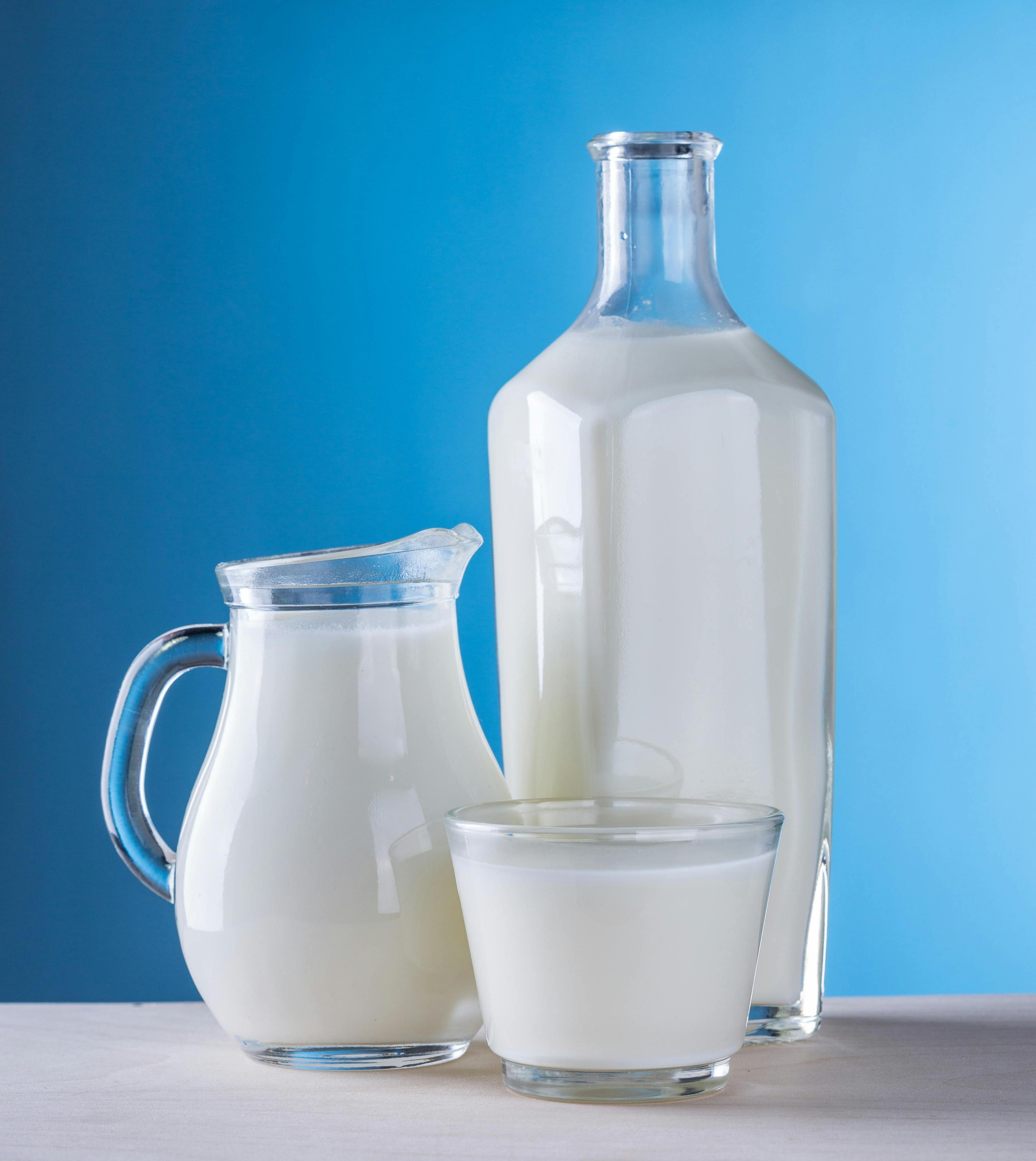
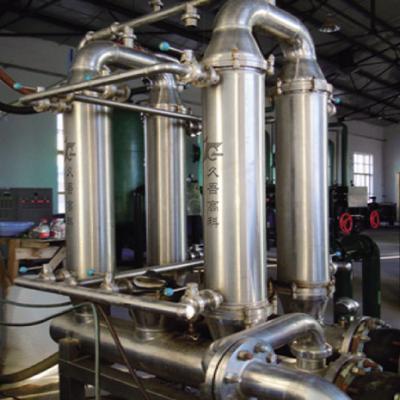

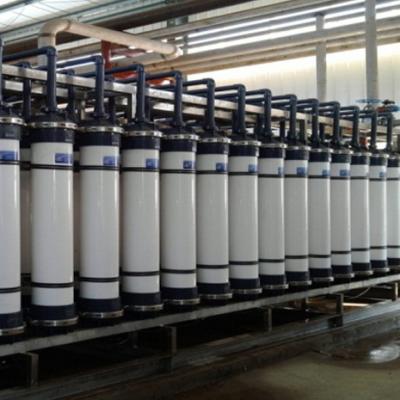
we will contact you within 24 hours.
 +86-25-58849045
+86-25-58849045
 +86-25-58749295
+86-25-58749295
 jiuwu@jiuwu.com
jiuwu@jiuwu.com
 No. 9 Park Road, Pukou District, Nanjing City (Sanqiao Factory)
No. 9 Park Road, Pukou District, Nanjing City (Sanqiao Factory) Call us on:
Call us on:  Email Us:
Email Us:  No. 9 Park Road, Pukou District, Nanjing City (Sanqiao Factory)
No. 9 Park Road, Pukou District, Nanjing City (Sanqiao Factory)

 English
English 한국어
한국어 français
français русский
русский Español
Español